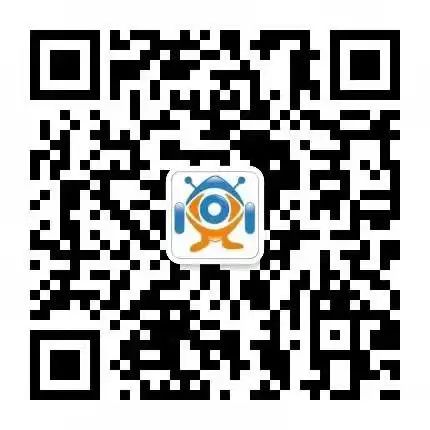
In children’s programming education, currently, visual programming, Python, and C++ are the three most popular languages. So in today’s technologically advanced and AI-driven era, which programming language is the most useful? How do we choose the one that is more suitable for children? What benefits will children gain after learning?
In fact, different programming languages have different application scenarios. Blindly pursuing the complexity of programming languages can easily backfire.
So, what are the differences among these three popular programming languages?
We have summarized a comparison chart for the learning effects of visual programming, Python, and C++. Parents who don’t have time to read in detail can take a look👇

Of course, for parents with time, we still recommend reading the following text, where Saito will elaborate on the differences between visual programming, Python, and C++, and which programming language children should choose to learn to help parents make a more suitable choice for their kids~
01.
More Suitable for Newbie Kids
Visual Programming
Visual programming is a graphical programming tool developed by MIT.
The feature of this software is that users can program without knowing English words, suitable for beginners and younger children.
Visual programming is particularly lively and interesting, mainly encapsulating complex programs in blocks, operating like building blocks on a computer. You just need to drag modules together with the mouse according to certain logic.
Its effects are also very intuitive; by clicking the green flag to run, you can see an animated running effect.
This stage is mainly to cultivate children’s thinking and abilities and stimulate their interest.
Generally, we recommend that children aged 6-9 can start learning programming through visual methods.

Moreover, the biggest charm of visual programming is that it is very simple to operate, yet the knowledge is rich enough.
Additionally, some parents may want their 3 or 4-year-old children to learn programming, which is a bit too early.
At such a young age, children’s understanding and absorption of knowledge are greatly limited. We suggest that parents seize the golden period of cognitive development between 6-12 years old instead .
.
02.
Advanced Python
Strengthen Programming Hard Skills
The design philosophy of Python is “elegant, clear, and simple,” but it has some difficulty because users need a certain level of English proficiency.
If our child is in the third or fourth grade of elementary school or above, has good math grades, is logical, and has a certain vocabulary in English, and has some programming foundation, then we recommend the child try learning Python programming.
By combining code programming in Python, they can deeply learn programming theories and get acquainted with artificial intelligence.

Let’s understand some Python projects from several students
①Python + Intelligent Applications 🤖️
Why can Siri and Xiao Ai chat with us? How do they query weather, routes, and other life information?
In the A1 stage, little watermelon will learn how to create an intelligent chatbot with Python based on their needs.
👉9-year-old student A1 project “Chatbot”
②Python + Mathematical Art 🎨
Math, which troubles many people, can also become artistic through Python!
In the A2 stage, students will learn to create their own mathematical art pieces by applying the golden ratio, using functions, loops, and integrating color, proportion, and geometric shapes!
👉10-year-old student A2 project: “Golden Spiral”
③Python + Face Recognition 👨
An intelligent program similar to the face recognition feature in Alipay.
For example, if we put the Mona Lisa and Teacher Shawn’s face together…, what will happen? 😜
👉12-year-old student A4 project: “Face Recognizer” ⬇️
Now, the AI era has arrived. In the future society, programming is undoubtedly a basic essential skill for understanding and changing the world, which children should master.
Starting from calling program APIs 👉 learning algorithms and data structures 👉 applying what they have learned in practical operations such as network sniffing and cutting-edge technologies like machine learning.
Moreover, Python has a high ceiling with many application branches. For example, in web development, the world’s largest search engine Google, the largest video site YouTube, and Douban, which integrates movies, books, and music, are all developed using Python.
Therefore, when children master Python, they can be said to have obtained the key to open the door to the digital age!
03.
Advanced Python
Strengthen Programming Hard Skills
⭐️ If the goal is to advance to higher education, C++ is definitely the final choice. Because currently, the official designated language for the Informatics Olympiad is C++.

When children learn C++, they mainly research algorithms through a lot of problem-solving, with a direct goal of competing for awards. Its application is not as strong as Python, but C++ is notably characterized by its high operational efficiency and stability.
There is no hierarchy among languages; there is no disdain chain. Every parent should choose a language based on their child’s age and future needs. Rushing or starting too early is not conducive to children’s learning~
Scan the QR code below for more information on youth level exams and competitions from Teacher Zhang.
